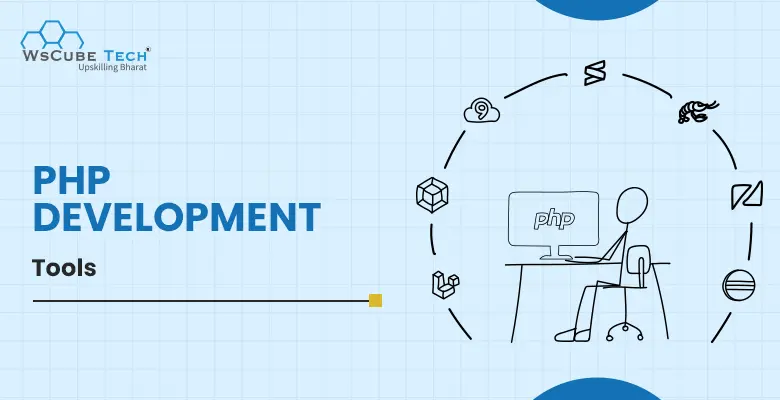Case Journeys
Exploring intriguing stories and insights from around the world.
PHP Development: Tales from the Code Side
Unlock the secrets of PHP development with gripping tales and tips that will elevate your coding game to new heights!
10 Essential PHP Functions Every Developer Should Know
When it comes to PHP development, familiarity with essential functions is crucial for enhancing your coding efficiency and producing cleaner, more maintainable code. Here are 10 essential PHP functions that every developer should know:
- strlen() - This function is used to determine the length of a string, a fundamental aspect when manipulating text.
- array_push() - A vital function for adding elements to an array, making data management seamless.
- json_encode() - This function converts PHP arrays or objects into JSON format, which is essential for RESTful APIs.
- explode() - Used for splitting a string by a specified delimiter, this function is often used in data parsing.
- implode() - The counterpart to explode, it joins array elements into a single string, perfect for creating CSV formats.
In addition to the functions mentioned, here are five more PHP functions that are equally important:
- date() - This function formats a local date and time, which is essential for displaying or logging timestamps.
- isset() - A crucial function for checking if a variable is set and not null, preventing unexpected errors.
- array_merge() - Used to merge two or more arrays, allowing for efficient array handling and data consolidation.
- header() - This function sends raw HTTP headers, vital for controlling page redirects and content types.
- mysqli_connect() - Essential for connecting to a MySQL database, this function lays the groundwork for any data-driven application.

Common PHP Development Mistakes and How to Avoid Them
When developing in PHP, one of the most common mistakes developers make is neglecting to validate user input. This can lead to serious security vulnerabilities like SQL injection and cross-site scripting (XSS). To avoid this, always sanitize and validate any data received from users before processing it. Implementing libraries like filter_var() for input validation can go a long way in ensuring that your application remains secure.
Another frequent error is the misuse of error handling. Many developers simply suppress errors or rely solely on echo statements for debugging, which can lead to untraceable issues in the code. Instead, utilize try-catch blocks to gracefully handle exceptions and log errors to a file for later analysis. This practice not only helps in maintaining clean code but also eases the debugging process, thereby reducing downtime and improving user experience.
How to Optimize Your PHP Code for Better Performance
Optimizing your PHP code is crucial for ensuring better performance and enhancing the user experience on your website. One effective way to achieve this is by minimizing the use of global variables. Global variables consume memory and can lead to additional overhead, making your code less efficient. Consider using local variables in functions instead, as they are faster and more secure. Additionally, employing functions like array_map and array_walk can help reduce execution time by eliminating the need for cumbersome loops.
Another significant technique involves leveraging the built-in caching mechanisms in PHP. By using caching tools such as OPcache, you can store compiled script bytecode in memory, which dramatically speeds up the execution of PHP scripts. Moreover, optimizing database queries, such as using prepared statements and indexing techniques, can greatly reduce the time taken for data retrieval. Remember, the more efficient your database interactions, the faster your application will respond, leading to a noticeable improvement in overall performance.